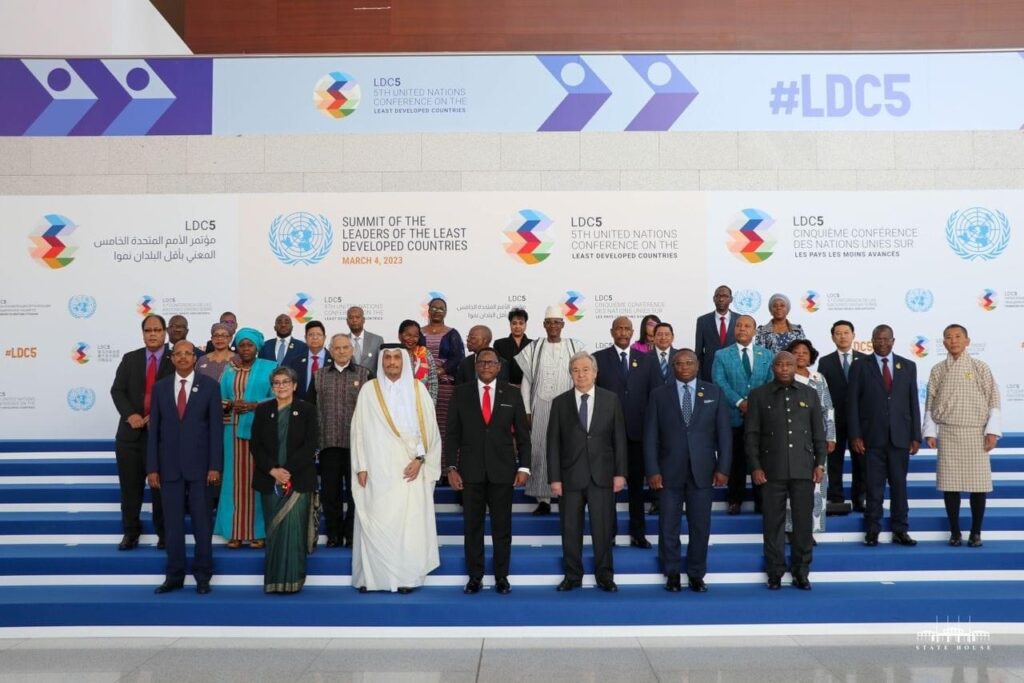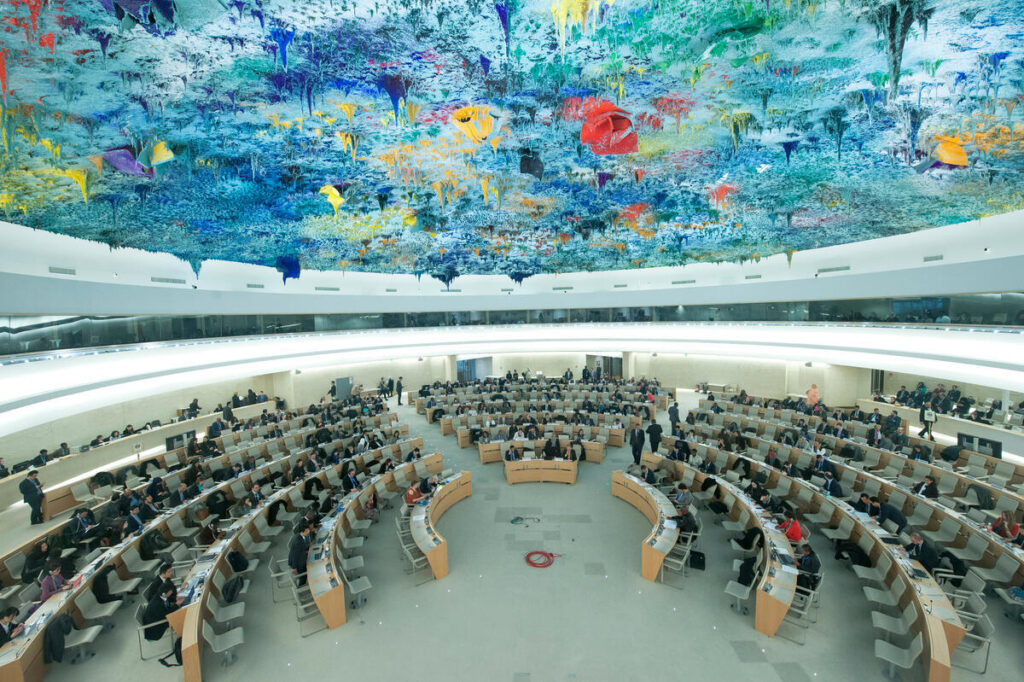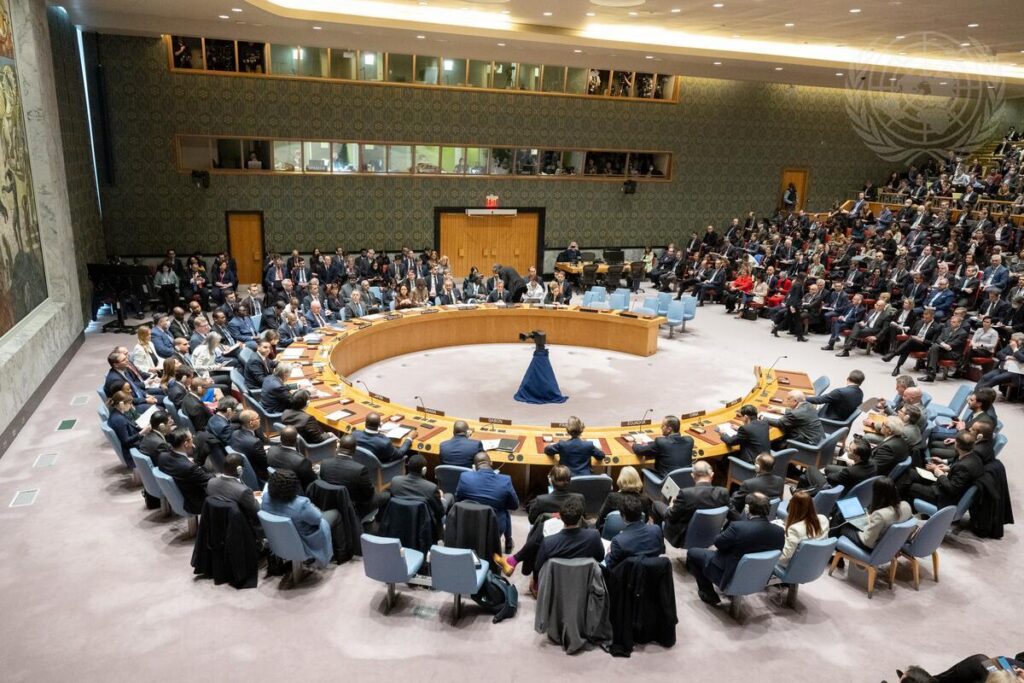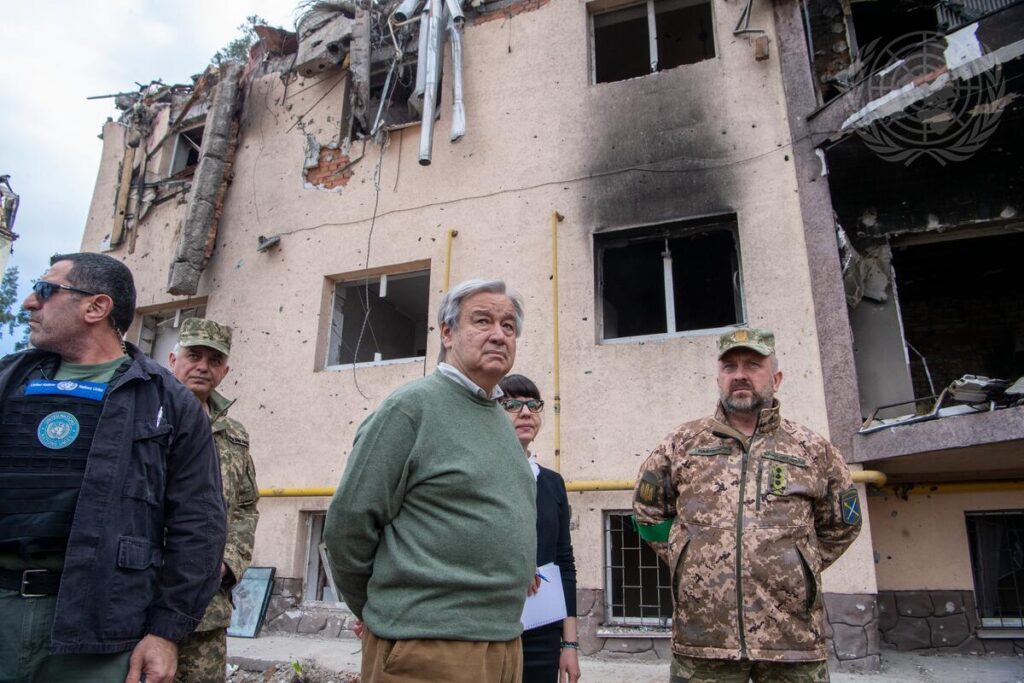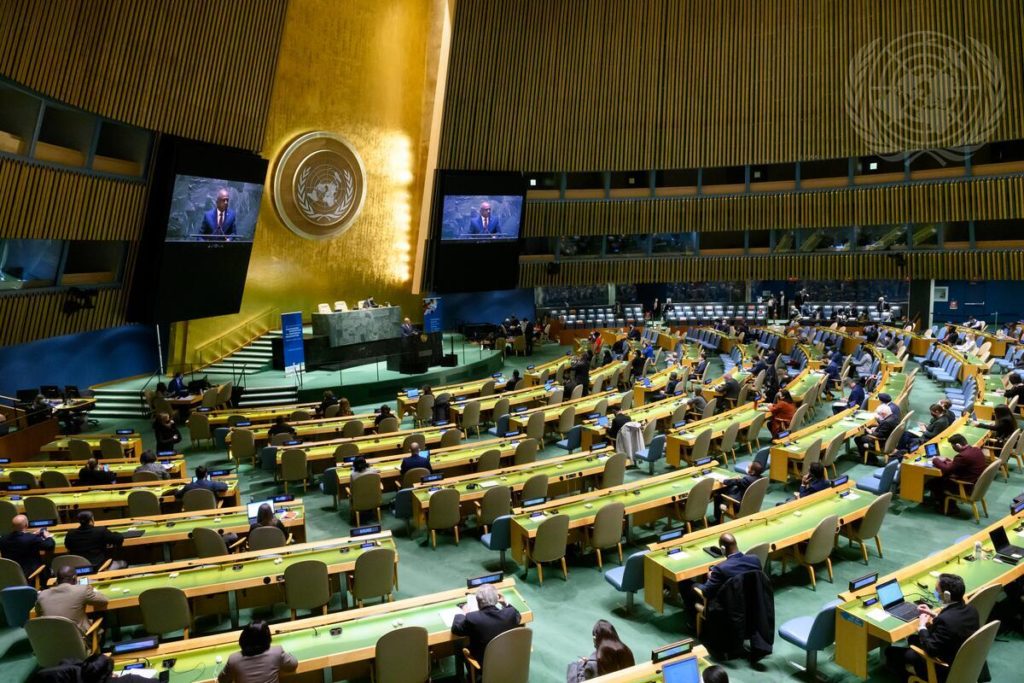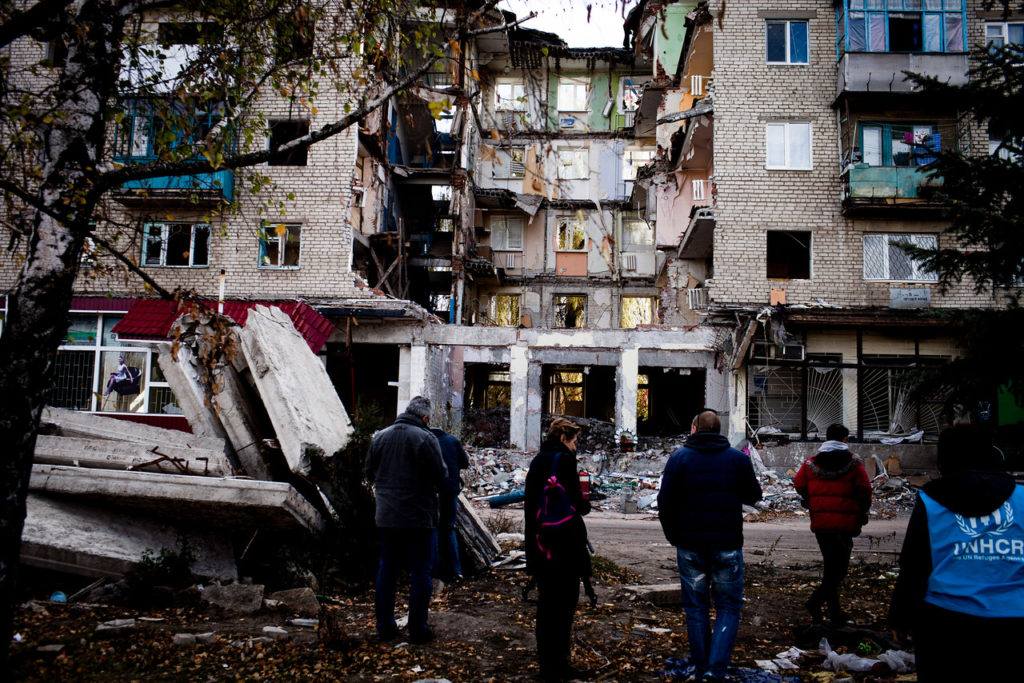New global survey shows rising worries about water shortage
Note: Amongst other findings, the research shows 58 per cent of people are seriously concerned about fresh water shortages and 30 percent say they have been greatly impacted by a lack of fresh water. This new survey of almost 30,000 people from 31 countries was conducted by sustainability consultancy, GlobeScan, and is being released together with Circle of Blue and WWF.
A press release is below with full details including more data broken down by country as well as globally and quotes from J. Carl Ganter, (Managing Director, Circle of Blue), Alexis Morgan, (WWF Global Water Stewardship Lead) and Perrine Bouhan (Director at GlobeScan.) Interviews, images and footage are available as well as additional data broken down by country on request.
This announcement also coincides with GlobeScan’s latest webinar “The Future of Water: Insights to Help You Stay Ahead of What’s Next”. Further information and registration details are available here:
Andrew Marcus on behalf of GlobeScan
PRESS RELEASE
WORRIES ABOUT WATER SHORTAGES ON THE RISE, SAYS NEW GLOBAL SURVEY
Fifty-eight percent of people are seriously concerned about fresh water shortages, according to research published ahead of the UN Water Conference
With the world gathering in New York next week for the first UN Water Conference in 46 years, new research from GlobeScan highlights the global impact of worsening water shortages which are disrupting societies, economies, the environment, and every aspect of life as we know it.
Fifty-eight percent of people across the world are very concerned about fresh water shortages, while 30 percent say they have personally been “greatly” impacted by a lack of fresh water.
Additionally, climate change is strongly connected to water shortages, with nearly four in ten people who have been personally affected by climate change saying they experienced it through drought.
Together with Circle of Blue and WWF, GlobeScan is releasing these key water findings from its GlobeScan Radar Survey ahead of the UN Water Conference from March 22nd to 24th where governments and companies must commit to urgent action to tackle the world’s water crises.
Key research findings include:
- Fifty-eight percent of people globally believe that fresh water shortages is a “very serious” issue. Mexicans, Colombians, and Brazilians report the most concern about access to water, while people in China, Hong Kong, Japan, and South Korea are the least likely to say fresh water shortages is a “very serious” issue.
- Strong concern about fresh water shortages has increased over the past few years, from a low of 49 percent in 2014 to 61 percent in 2022 among 17 countries consistently tracked, along with concern about climate change (45% in 2014 to 65% in 2022).
- People in Argentina, South Korea, Vietnam, Colombia, Germany, and Peru report the largest increases in concern about water shortages over the past year.
- 30 percent of people globally claim they are “greatly” personally affected by fresh water shortages, while a global majority feel at least moderately personally affected (56%). Only one-quarter (25%) say they are not affected at all.
- Majorities of people surveyed in Colombia, Italy, Mexico, Peru, and Turkey say they are greatly personally affected by a lack of fresh water. In contrast, fewer than one in ten say they are greatly affected in Germany, Japan, and the Netherlands.
- Globally, people in urban areas (32%) are more likely than those in rural (28%) or towns and suburban areas (26%) to feel greatly affected by a lack of fresh water.
- As many as 38 percent of people say they have been “greatly” personally affected by climate change, while as many as 75 percent have been at least “moderately” affected.
- People who say they have been personally affected by climate change often mention drought as one of the ways they have been impacted; 37 percent of those experiencing climate change personally claim this is through experiencing drought.
“We are seeing a rare convergence, when public opinion is aligning with profound realities as the world faces compounding water challenges that are affecting how we grow our food, generate our power, and support a sustainable economy and environment,” said J. Carl Ganter, Managing Director at Circle of Blue.
“This survey of some 30,000 people definitively shows that citizens around the world are feeling and talking about the effects of water and climate stress. On the eve of the UN Water Conference, this is a crucial barometer that reveals increasing public demand for action from political and corporate leaders,” Ganter said.
Alexis Morgan, WWF Global Water Stewardship Lead comments: “Water doesn’t come from a tap – it comes from nature. But with nature loss and climate instability increasing, water scarcity will only worsen, impacting societies and economies across the globe. Yet through collaboration, restoring wetlands, re-connecting rivers, and replenishing aquifers, we have proven ways to tackle these shared water challenges. It’s time to urgently invest in these solutions.”
Perrine Bouhana, Director at GlobeScan comments: “It comes as no surprise that people are becoming more and more worried about the availability of fresh water. Last year droughts affected the lives of countless numbers of people on every continent. Indicators suggest this is likely to get worse. High levels of public concern about water means there is an opportunity right now for governments and NGOs to help people and businesses understand how their actions can genuinely make a difference to this globally important problem that affects all of us.”
ENDS
Notes to editors:
Methodology Summary – The GlobeScan Radar survey is a global survey conducted online among samples of 1,000 adults in each of 31 countries and territories (1,500 in USA, 500 each in Hong Kong, Kenya, Nigeria, and Singapore, and 850 in Egypt), weighted to reflect general population census data. The research was conducted during June and July of 2022 with a total of 29,293 participants. Participating markets include Argentina, Australia, Brazil, Canada, China, Colombia, Egypt, France, Germany, Hong Kong, India, Indonesia, Italy, Japan, Kenya, Mexico, Netherlands, Nigeria, Peru, Portugal, Saudi Arabia, Singapore, South Africa, South Korea, Spain, Sweden, Thailand, Turkey, the UK, the USA, and Vietnam.
For more information contact: Stacy Rowland Tel: +1 416 992 2705, stacy.rowland@globescan.com
Laura Herd, Tel: +1 231 941 1355, laura@circleofblue.org
Richard Lee, Tel: +31 6 54 287 956, rlee@wwfint.org
About GlobeScan – GlobeScan is a global insights and advisory consultancy working at the intersection of brand purpose, sustainability, and trust. We partner with leading companies, NGOs, and governmental organizations to deliver insights that guide decision-making and build strategies that contribute to a sustainable and equitable future.
We combine over 35 years of data-driven insights with a global network of experts and the ability to engage any stakeholder or consumer. Our unique research programs and global capabilities help to know what’s new, what’s next, and what’s needed. And our advisory services help turn that knowledge into smart, strategic decisions.
Established in 1987, we have offices in Cape Town, Hong Kong, London, Mumbai, Paris, San Francisco, São Paulo, and Toronto. As a proudly independent, employee-owned company, we’re invested in the long-term success of our clients and society. GlobeScan is a Certified B Corp and a participant of the United Nations Global Compact.
Learn more: www.globescan.com
About Circle of Blue – Circle of Blue is the nonprofit newsroom that reports globally about the intersection of water, food, and energy in the changing climate. It received the Rockefeller Foundation Centennial Innovation Award for creating a new model of impact journalism and convening.
Learn more: https://www.circleofblue.org/
About WWF – WWF is an independent conservation organization, with over 30 million supporters and a global network active in over 100 countries. WWF’s mission is to stop the degradation of the Earth’s natural environment and to build a future in which humans live in harmony with nature, by conserving the world’s biological diversity, ensuring that the use of renewable natural resources is sustainable, and promoting the reduction of pollution and wasteful consumption. Visit www.panda.org/news for the latest news and media resources and follow us on Twitter @WWF_media.
United Nations correspondent journalists – United Nations correspondent journalists – United Nations correspondent journalists – United Nations journalism articles – United Nations journalism articles – United Nations journalism articles – United Nations News – United Nations News – United Nations News
New global survey shows rising worries about water shortage Read More »



